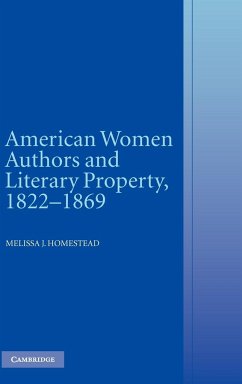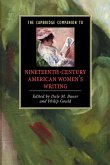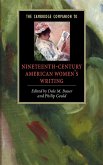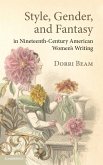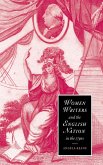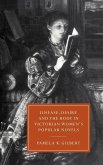Through an exploration of women authorsa engagements with copyright and married womenas property laws, American Women authors and Literary Property, 1822-1869, revises nineteenth-century American literary history, making womenas authorship and copyright law central. Using case studies of five popular fiction writerseCatharine Sedgwick, Harriet Beecher Stowe, Fanny Fern, Augusta Evans, and Mary Virginia TerhuneeHomestead shows how the convergence of copyright and coverture both fostered and constrained white womenas agency as authors. Women authors exploited their status as nonproprietary subjects to advantage by adapting themselves to a copyright law that privileged readersaaccess to literature over authorsa property rights. Homesteadas inclusion of the Confederacy in this work sheds light on the centrality of copyright to nineteenth-century American nationalisms and on the strikingly different construction of author-reader relations under U.S. and Confederate copyright laws.

